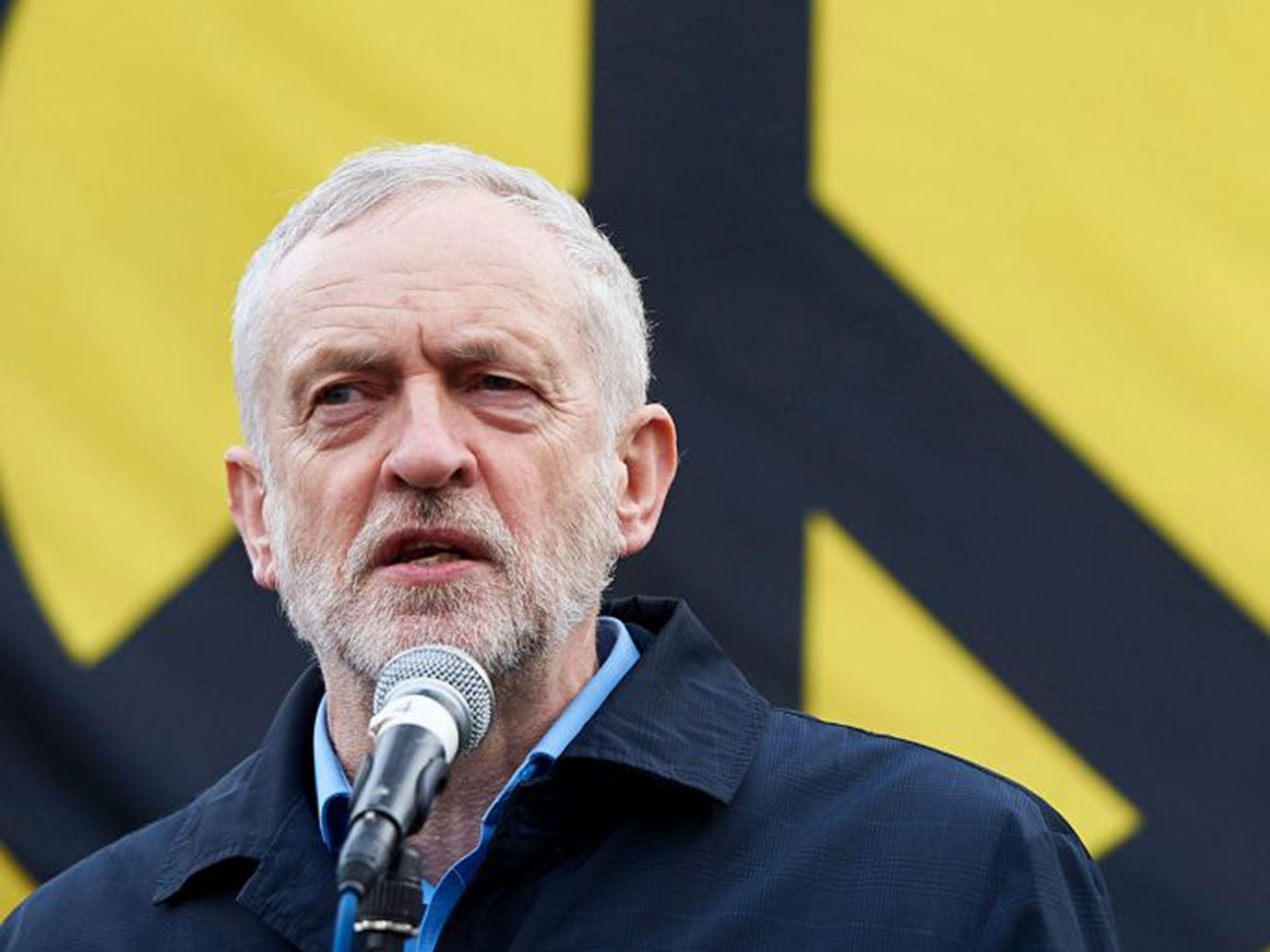Accusations of anti-Semitism are being abused as a tool for Corbyn's enemies
Unfounded assertions about his “reluctance” to tackle anti-Semitism become part of an attack over his claimed inability to lead


This is not at attempt to trivialise claims of anti-Semitism – let’s get that out of the way right at the start. I’m not suggesting that the British left has no problem with anti-Semitism.
Just like other forms of racism, anti-Semitism never really goes away; it just lingers in the background, waiting for a comeback opportunity. The left, with all its progressive credentials, is not magically immune to this threat, and sometimes anti-Semitism takes cover behind genuine criticisms of Israel and its military occupation of the Palestinian territories. (My own bugbear is when people say “the Zionists”. It often feels to me that what they actually want to say, but know they can’t, is “the Jews”.)
All of which is a necessary scene-setter for the current spat over anti-Semitism in the Labour party. Jeremy Corbyn, the party leader, stands accused of not taking the matter seriously enough, amid claims of anti-Semitism at Oxford University Labour Club (OULC) and within theparty more widely. The worry – as presented by Labour MP John Mann, who chairs the all-party parliamentary group on anti-Semitism, on BBC One’s Sunday Politics – is that a toxic prejudice “crept in” to the Labour party with the new members that joined following Corbyn’s leadership bid and subsequent landslide victory. It’s a two-pronged attack: both at Corbyn, the idea being that he somehow attracts unsavoury types, and also at new members, who may be unprecedented in numbers but are nevertheless considered the “wrong” kind of members.
The trouble with these accusations is the way they are being used as a tool within the party. Nobody denies that claims of anti-Semitism should be investigated – and they are. Yesterday, the Labour party announced a widening of the scope of those investigations, to encompass not just the OULC, but also a complaint at LSE, where a Labour group student is claimed to have posted to Facebook during student union elections, about a takeover by “leading Zionists”.
The same inquiry, led by Labour peer Baroness Royall, is also taking in criticisms around the election of a youth representative to the National Executive Committee last month: Labour First candidate Jasmin Beckett, who won by a minuscule margin, has been accused of smearing as anti-Semitic the Momentum and Unite union candidate, James Elliot, encouraging her supporters to do the same. Beckett supporters have complained of bullying and intimidation by union officials – so now that’s also in Royall’s remit.
What smells bad however, is the attempt to bind the issue to a bigger beef over Corbyn’s leadership, so that unfounded assertions about his “reluctance” to tackle anti-Semitism become part of an attack over his claimed inability to lead. When concern about anti-Semitism is deliberately deployed in a tussle over political leadership then who exactly is it that doesn’t take anti-Semitism seriously enough?
It’s one thing to refuse to accept the democratic process by which Corbyn was elected and then start canvassing for an attempted coup. I could find all kinds of ways to describe that. But to drag the issue of anti-Semitism into this particular fight brings three words to mind: exploitative, cynical and offensive.
Rachel Shabi is the author of ‘Not the Enemy: Israel’s Jews from Arab Lands’
Join our commenting forum
Join thought-provoking conversations, follow other Independent readers and see their replies
Comments
Bookmark popover
Removed from bookmarks